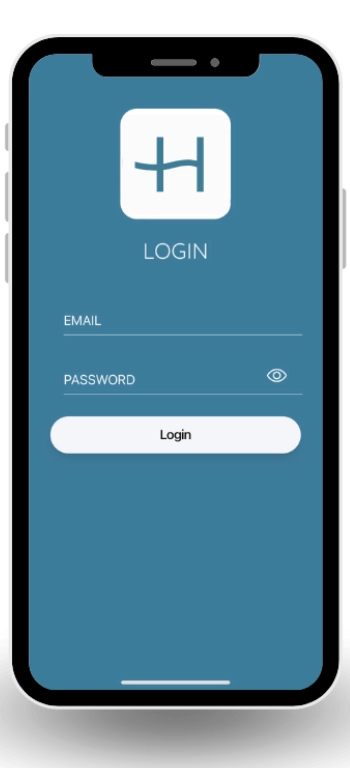
In Honolulu, Hawaii, families often face confusion regarding the legal classification of their nannies. A prevalent question is whether it’s permissible to treat a nanny as a 1099 independent contractor. The straightforward answer is no. In Hawaii, like the rest of the United States, a nanny employed in your home should be classified as a household employee, not an independent contractor. This distinction has significant implications for tax and employment law compliance.
Form 1099 vs. W-2 for Nannies
Under IRS guidelines, Form 1099 is used for miscellaneous or non-employee compensation, typically applicable to freelancers or independent contractors. This form doesn’t apply to household employees like nannies, who should receive a Form W-2. The distinction is vital in Honolulu, where the local laws align with federal guidelines to ensure the proper classification of employment.

Why Nannies in Honolulu Are Not Independent Contractors: A nanny working in your home in Honolulu does not fit the independent contractor criteria. You, as the employer, set their work schedule, define tasks, and provide necessary supplies and equipment. This level of control and guidance classifies them as employees, not independent contractors.
Tax Implications in Honolulu for Misclassifying a Nanny: If you incorrectly classify your nanny as an independent contractor in Honolulu, you risk facing tax evasion charges. This misclassification leads to your nanny bearing the entire tax burden and can result in penalties, interest, and back taxes for you as the employer.
Compliance for Honolulu Families Employing Nannies: Honolulu families must issue a W-2 form to their nanny if they pay more than $2,600 annually. This compliance is crucial for avoiding legal repercussions and ensuring that your nanny’s rights as an employee are respected.
Benefits for Both Parties: Treating your nanny as an employee in Honolulu brings advantages. You may be eligible for the Child and Dependent Care Tax Credit, and your nanny gains workers’ compensation, unemployment benefits, and state-mandated protections, which aren’t available to independent contractors.
Special Considerations for Nanny Shares and In-Home Care in Honolulu: In nanny share arrangements or when a caregiver operates out of their home, the classification may differ. It’s important to understand these nuances to ensure compliance with Honolulu’s specific regulations.
Conclusion: For families in Honolulu, Hawaii, correctly classifying your nanny as an employee is both a legal requirement and a practice that ensures fairness and protection for all parties involved. By adhering to these guidelines, you can foster a positive, lawful employment relationship with your nanny.







